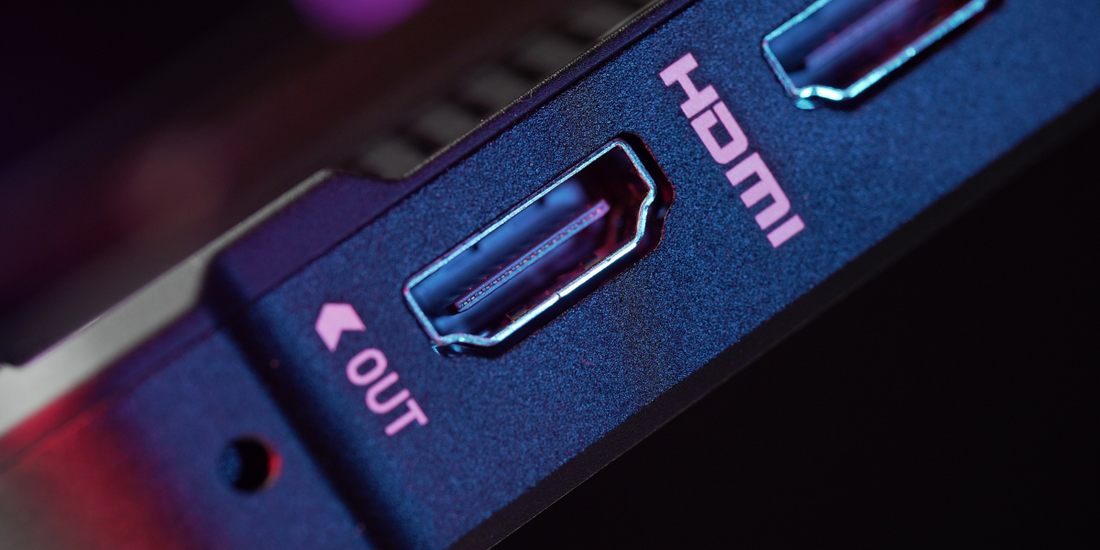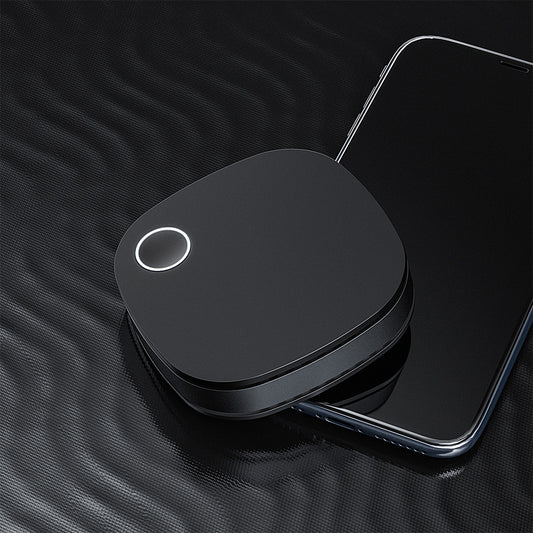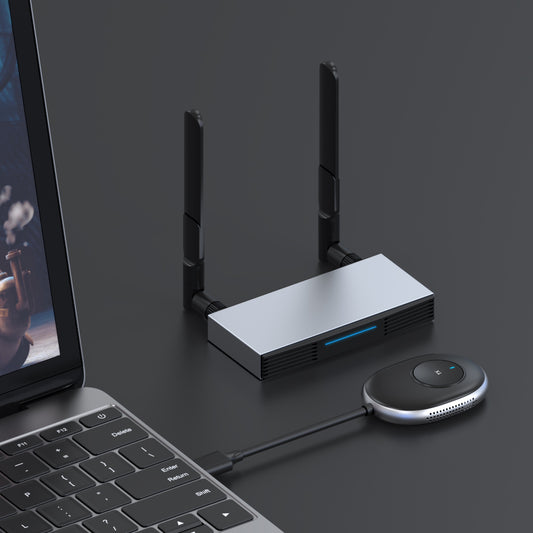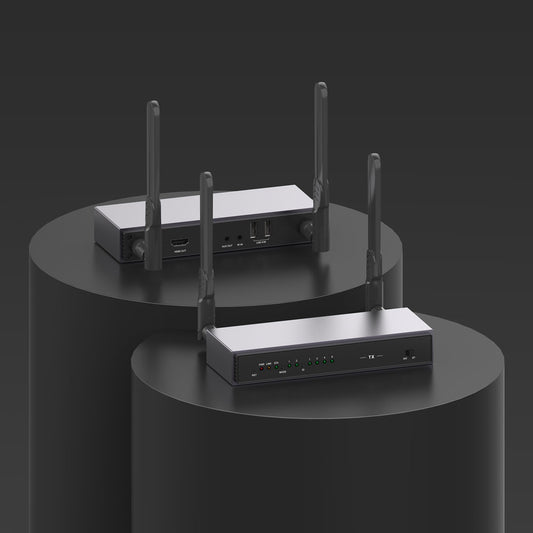
Does The HDMI Extender Reduce The Data Quality?
Digital video and audio signals are transferred over HDMI cables all around the world. However, a Blu-ray player or a game console cannot use an HDMI connection because of its small length, which is only 3-6 feet. Therefore, the only solution is to employ the HDMI extension to address this issue.
As time went on, it became apparent to me that not everyone means the same thing when they refer to an "HDMI extender." Does the quality of HDMI extenders suffer? The solution may then be very different.
How does it work

Knowing how an HDMI extension cable functions will enable you to answer the question of whether it affects the quality or not.
The HDMI extender (which can extend cables over distances of up to 100 feet) is the best option. The length may be up to 10 kilometres if an IP fibre extension is being used. You will be aware that different types of HDMI extenders function differently in terms of getting data over the other end if you have read another post about the four varieties of HDMI extenders.
The data in the HDMI cable is converted into another form, and as a result, it may go farther with less loss than it would with a copper HDMI connection. To put it simply, this HDMI extender converts signals into a more effective runner and sends them back to the source once they reach their destination.
Advantages
The strength of an HDMI extender is not only in the distance it can reach but also in the wealth of features that are included in each model. For instance:
With this ARC HDMI extender, you may extend not only HDMI but also IR signals and audio signals and have an audio return channel for your home theatre.
HDMI and USB transmissions are both extended using HDMI KVM extenders.
A matrix that can flexibly function as a signal splitter and switcher can be created by connecting HDMI extenders over IP to an ethernet switch.
In general, HDMI extenders over Ethernet are frequently used in households and workplaces where the network is already configured, and Ethernet cables are available for connecting your electronic devices.
Active HDMI Cable vs HDMI Extender
Passive HDMI cables are typically used to link people's TVs to Blu-ray players, gaming systems, or laptops. These can be extended by a few feet without endangering the signal, but an active HDMI cable is required if you want to extend the connection by 10 feet or more, especially with a more recent-generation standard like HDMI 2.1.
The HDMI signal is improved over the length of active HDMI cables via signal boosters, enabling it to go freely down longer cables for longer distances. Even yet, an active HDMI 2.1 connection is only capable of a maximum distance of 25 feet, compared to about 100 feet for HDMI 2.0 cables.
On the other hand, HDMI extenders can transmit 1080p video at a distance of over 300 feet and 4K video at a distance of well over 100 feet without compromising the quality of the signal. They can also transmit DTS-HD Master lossless audio over those distances without the use of extra audio wires, along with Dolby True HD Audio.
HDMI extenders are a terrific way to duplicate content across several screens since they can split that signal between multiple displays in addition to broadcasting it to TVs that are far away from the source.
This is very useful for digital signs, classrooms, boardrooms, displaying gaming content on a bigger public screen, or mirroring sporting events in a bar.
The majority of splitters also allow the possibility to add more displays with additional receivers in case you decide to expand your HDMI extender connection to more screens in the future. However, keep in mind that the likelihood of signal attenuation increases with the number of displays, distance from the source, and a number of conversions.
Does The HDMI Extender Reduce The Data Quality?
Since you already understand how an HDMI extension cable functions, you may have realized that it is impossible to use an HDMI extension cable without affecting the signal or quality.
However, the thought can cross your mind that the HDMI cable's connection with the extension might be a hindrance that lowers quality. The extension cable's connector pins, however, are made in such a way that they never degrade signal quality.
When does HDMI extension reduce signal strength?
HDMI cables are used in high-definition televisions, and messy lines are always frustrating when distances get longer. The HDMI extender is the best answer to this problem, and you can choose the appropriate HDMI extender according to your room. In this way, you can get the maximum return on your money.
However, the signal's power varies with distance. When the signal is transmitted over a long distance, the signal becomes weaker (a 5G signal can be used when the transmission distance is close, and a 2.4g signal can be more stable when the transmission distance is long).
Therefore, the distance of the HDMI expander is also the reason for the decrease in signal strength. Depending on the product, the HDMI extension line can transmit any distance between 30ft and 600ft. Exceeding this length reduces the signal strength of video or audio.
Conclusion
If you only want to extend the cable a few feet and do not want to provide any advanced features for your settings, the repeater/coupler is a simple solution. However, if the connection is long-term and video quality is important, I would recommend that you buy a reliable HDMI extender.
ProScreenCast is a professional brand. Our HDMI expanders, switches and taps are designed for commercial, home, school, government and research buildings. Depending on the product, the transmission distance is between 65ft/20m and 656ft/200m. You can click here to choose the HDMI extender that suits you.








